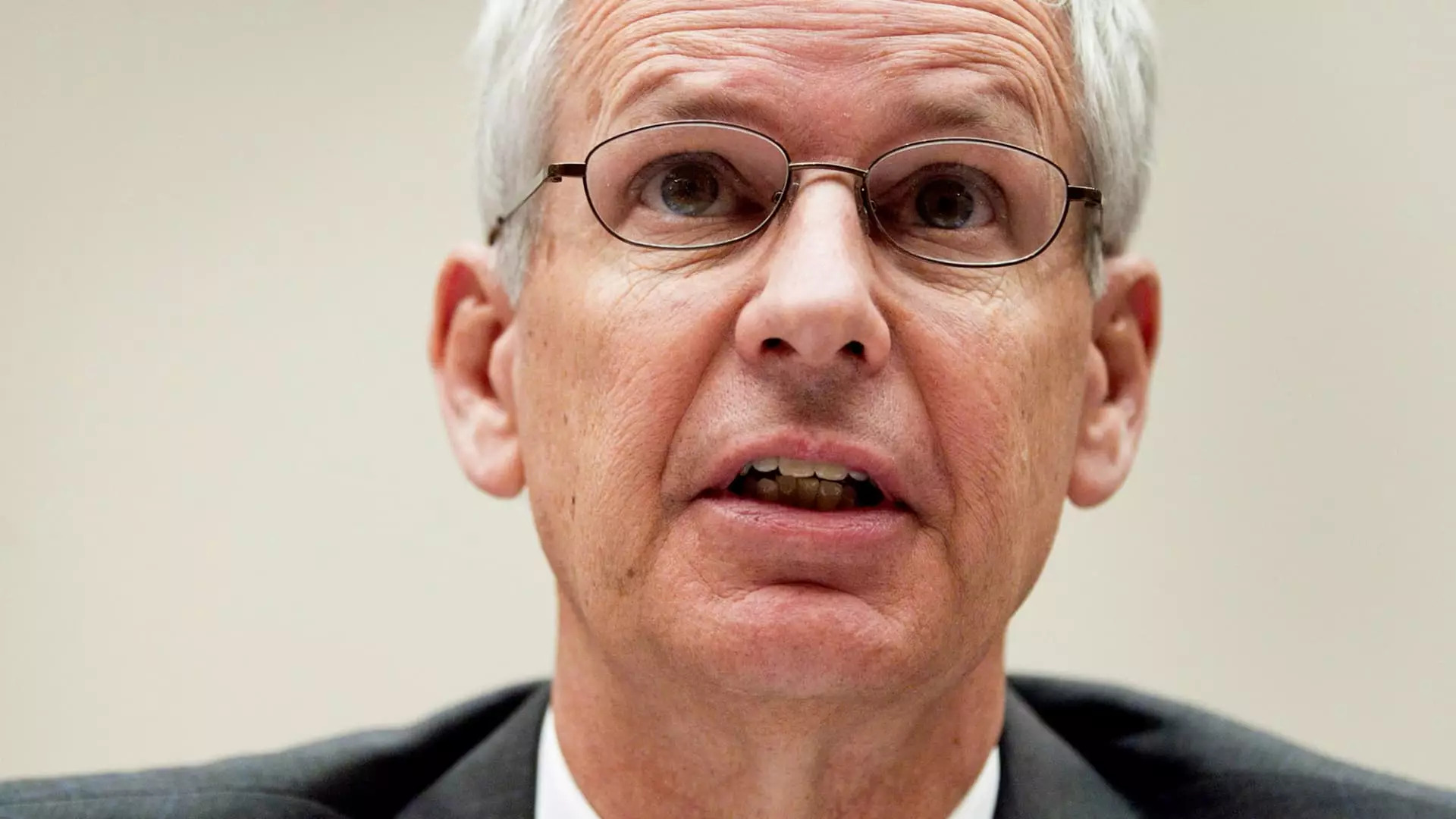Dishing Out Disappointment: EchoStar and Dish Network’s Dishonorable Exit

In an industry where agility and innovation are crucial, Dish Network has become a cautionary tale of missteps and missed opportunities. Founded in the 1980s, Dish once thrived amidst the rapid evolution of television. However, today it stands as a shadow of its former self, echoing the fate of its namesake’s strategic approach, which has now ended in what many describe as a disappointing finale, akin to the series conclusion of “Seinfeld.” The trajectory of this once-prominent pay-TV provider serves as a prime example of a company that not only failed to adapt but also struggled to conceptualize a cohesive forward-looking strategy.
Dish Network cofounder Charlie Ergen often likened the company’s strategy to the narrative structure of “Seinfeld,” a sitcom celebrated for its intricate story arcs and character development. During a 2011 earnings call, he pointed out that while early episodes may have presented a collection of seemingly unrelated plotlines, the story effortlessly converged into a satisfying conclusion. Ergen’s optimism about Dish’s potential future implied that unseen connections would eventually lead the company on a successful path. Unfortunately, this outlook has grown increasingly distant as the years unfolded. Last Monday, the company unveiled the conclusion of its chapter in the pay-TV narrative, with EchoStar, Dish’s parent company, selling the service to DirecTV for a token amount of $1, burdened by a staggering $9.75 billion in debt. The sale, a maneuver largely motivated by necessity, raises questions about the long-term viability of the brand and the industry itself.
The pay-TV industry is famously volatile, and recent years have been particularly taxing. As viewers have flocked to streaming alternatives that promise greater value, Dish Network, alongside DirecTV, has witnessed a combined erosion of 63% in video subscriptions since 2016. Such a decline indicates an alarming trend: the traditional television model is collapsing under the weight of consumer choice and requires immediate intervention. EchoStar CEO Hamid Akhavan’s admission that “times have changed” echoes a sentiment shared across the industry, encapsulating the existential crisis facing conventional video services as they grapple with a digital-first audience.
In stark contrast to Dish’s past valuations—when discussions about merging with DirecTV in 2014 estimated their combined worth at $68 billion—the current reality illustrates a steep decline in enterprise value. The structural collapse of this market segment raises poignant questions regarding future investments and consumer engagement. The dynamics of satellite TV appear almost antiquated against the backdrop of an increasingly mobile and on-demand culture, and Dish’s failure to recognize and act upon these changes has proved fatal.
Echoing its struggle with pay-TV, Dish Network also sought to pivot to wireless services, an endeavor fraught with complications. While the acquisition of Boost Mobile provided a glimmer of hope, effectively integrating a robust wireless infrastructure has proved difficult amidst dwindling cash flows from its core satellite business. In an industry riddled with formidable competitors, including AT&T and Verizon, it becomes clear that Dish lacked the necessary resources to compete on equal footing. Hamid Akhavan’s statement, suggesting that management distractions prevented effective focus on any one area, speaks volumes. The perpetual chase for dominance in multiple directions led to fragmentation and, eventually, failure.
As EchoStar and Dish Network converge, their collective narrative parallels that of “Seinfeld,” whose finale left many viewers feeling unsatisfied. Dish’s ambitious yet misguided journey, filled with plot twists and missed connections, paints a picture of a company that attempted to juggle too much without an overarching vision. The remorseful echo of the once-beloved sitcom resonates in today’s landscape as it becomes increasingly evident that without a coherent strategy, the ending for Dish—and possibly for many traditional television providers—will likely be a resounding disappointment. It serves as a stark reminder that in the fast-moving world of technology and entertainment, resting on past laurels can hasten a fall from grace.





